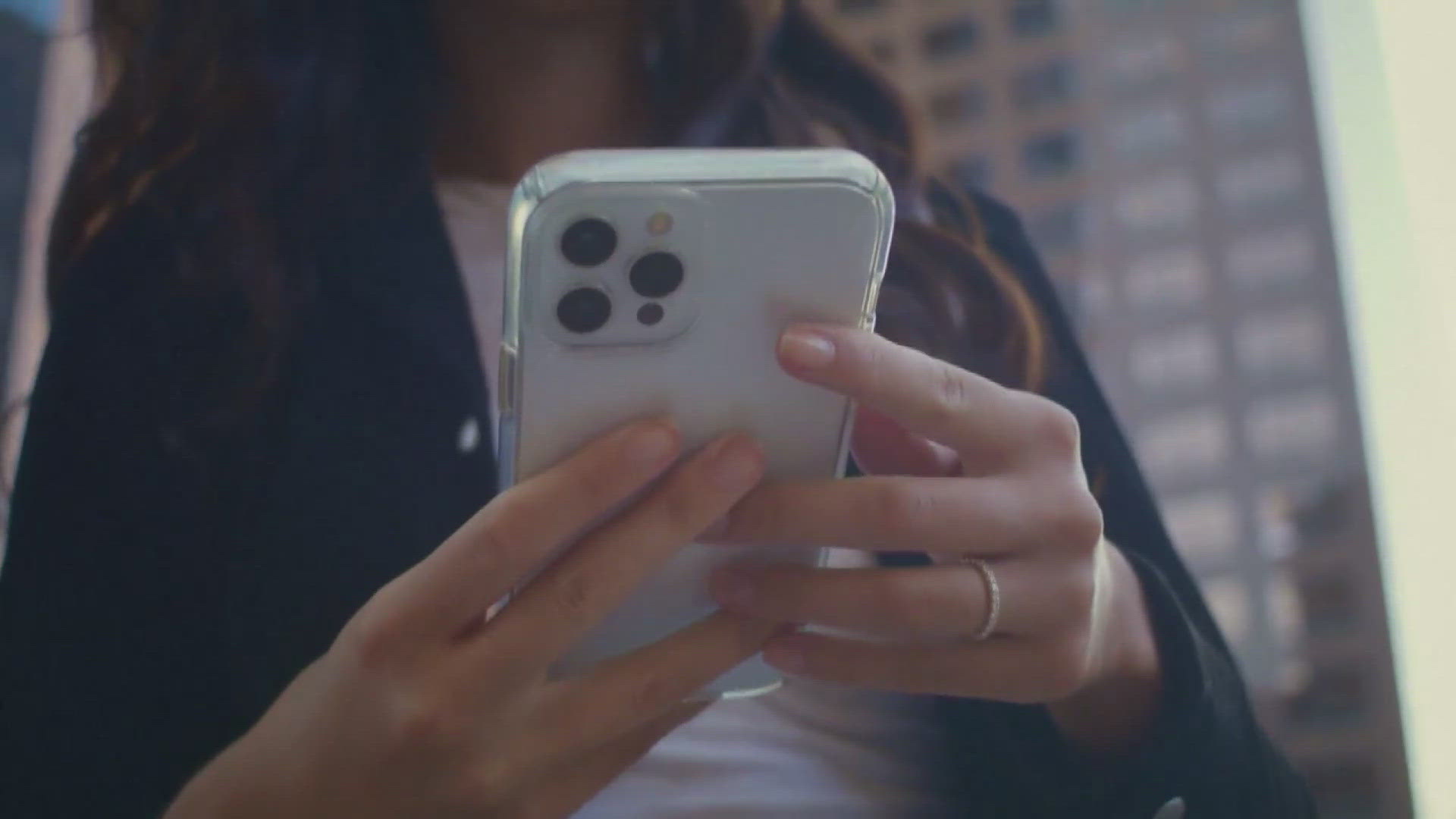SACRAMENTO, Calif. — As the election cycle heats up, concerns are growing about the use of artificial intelligence to spread misinformation.
After a manipulated video of Vice President Kamala Harris was widely shared on social media over the weekend, including by tech billionaire Elon Musk, California Governor Gavin Newsom vowed to sign legislation making manipulating a voice in an ad illegal.
On social media platform X, Newsom said, "manipulating a voice in an 'ad' like this one should be illegal. I’ll be signing a bill in a matter of weeks to make sure it is."
Monday afternoon, Governor Newsom's office told ABC10 they are working with the legislature to make sure the issue is addressed in a bill that's already moving through the legislative process this year.
The video used visuals from a real ad recently released by Harris’s presidential campaign, but the original voice over was replaced by AI-generated sound. The person who originally posted the video disclosed that it was a parody, but Musk’s initial post left that out before updating his post.
The video is what's known as a deepfake, or videos, photos or sound created using artificial intelligence that appears to be real.
Mindy Romero, the director of the Center for Inclusive Democracy, said the use of artificial intelligence continues to grow.
"The problem with AI is that it turbo charges the ability to create and disseminate disinformation," she said.
The non-partisan academic research center, connected to University of Southern California, is eyeing the impact this could have on the election and voters.
"I think that AI will be the story of the election, aside from who actually wins," Romero said.
She said it's unclear what the scope will be. It's a stark reminder of the importance for voters to be aware of AI and parodies as they consume information.
Romero recommended vetting the information you see online. She said check multiple sources when you see something that seems off and research to see if there are established media outlets debunking the claims.
"People need to become much more discerning as voters," said Ash Bhagwat, a law professor at UC Davis. "Something they see that looks 100% real, you can't trust it anymore. The technology has reached a point where you need to look very carefully."
Bhagwat is an expert in constitutional law, freedom of speech and social media. He said regulating AI in the political sphere is tricky.
"That's the area where the first amendment protections are the strongest," Bhagwat said.
In 2019, Governor Newsom signed a bill into law that prohibits distributing intentionally manipulated audio or visuals within 60 days of an election.
WATCH ALSO:



















